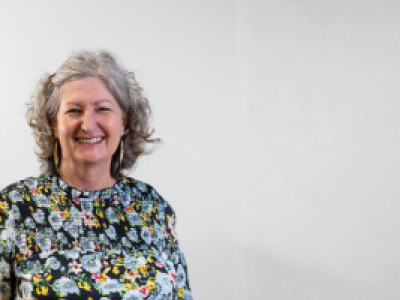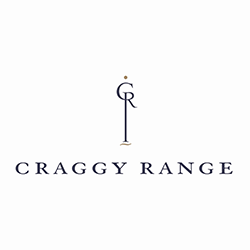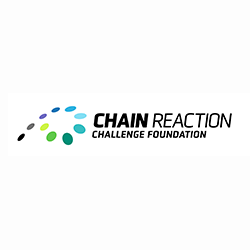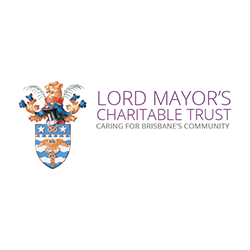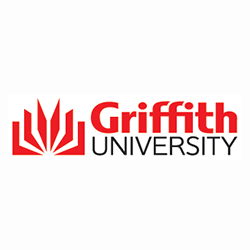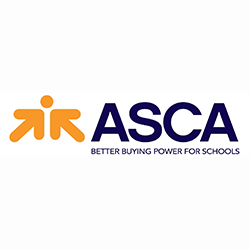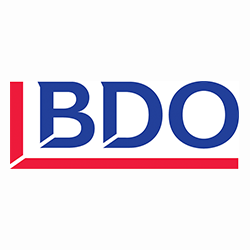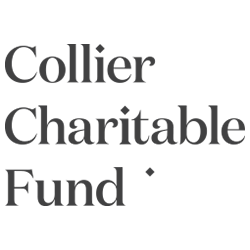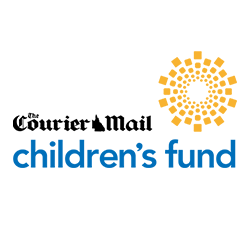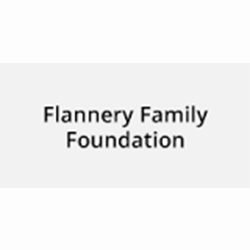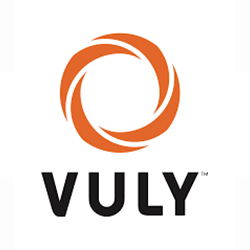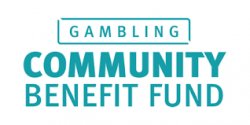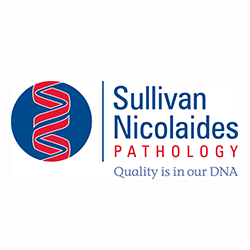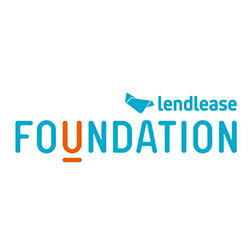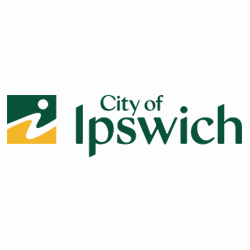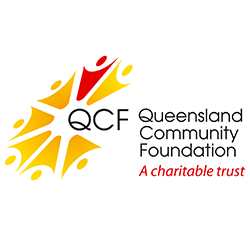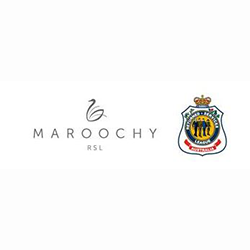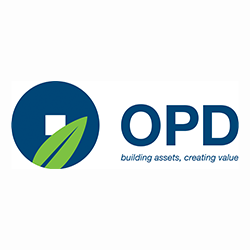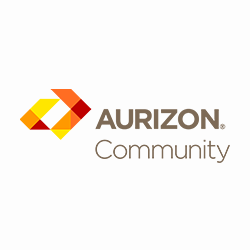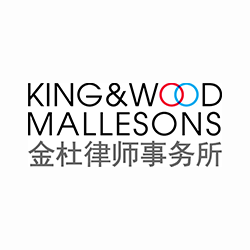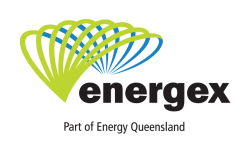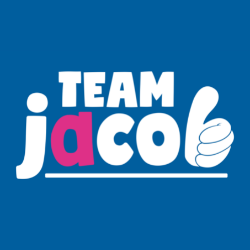AEIOU is leading the way to better understanding the experiences of autistic children and families as they navigate early childhood.
AEIOU’s body of research is unlike any other. It acts as a compass to guide individual therapy and education support, and to monitor progress and efficacy of supports as we evolve.
Capturing standardised assessment data at regular intervals for more than 1,000 children (and growing), this study is on the frontier of autism-related research. This body of evidence is crucial at a time when autism is under increasing scrutiny from the NDIS, media and general public.
This data tells a story about every child and confirms children at AEIOU comprise a distinct subset within the autistic community.
For example, 68% of children at AEIOU, over a 10-year period, have failed in mainstream childcare settings. The remaining 32% did not attend at all.
Prior to accessing support from AEIOU, these young children ‘perform’ in the 3.4th percentile, meaning they have fewer language skills than 96.6% of children the same age. We also know this is below what is typically seen in other autistic children. However, the significant benefits of AEIOU’s integrated therapy, education and care model are clear in the research, and our data is used to support children to transition to their next education setting, like school, as soon as they are ready.
Our research also shows us 78% of parents of children with autism are more stressed than other caregivers, and 30% report clinically high stress.
These children need to be known, understood and considered when discussing and finalising the National Autism Strategy. AEIOU believes parents, providers and experts who have lived experience supporting children within this cohort should be encouraged to advocate for their needs.
About children accessing AEIOU’s program
- 68% failed at mainstream care
- 7.9% are First Nations, Torres Strait Islander and Australian South Sea Islander
- 36% are culturally and linguistically diverse
- At AEIOU, children make gains in early learning skills, often at rates above what would be expected of a typically developing child.

